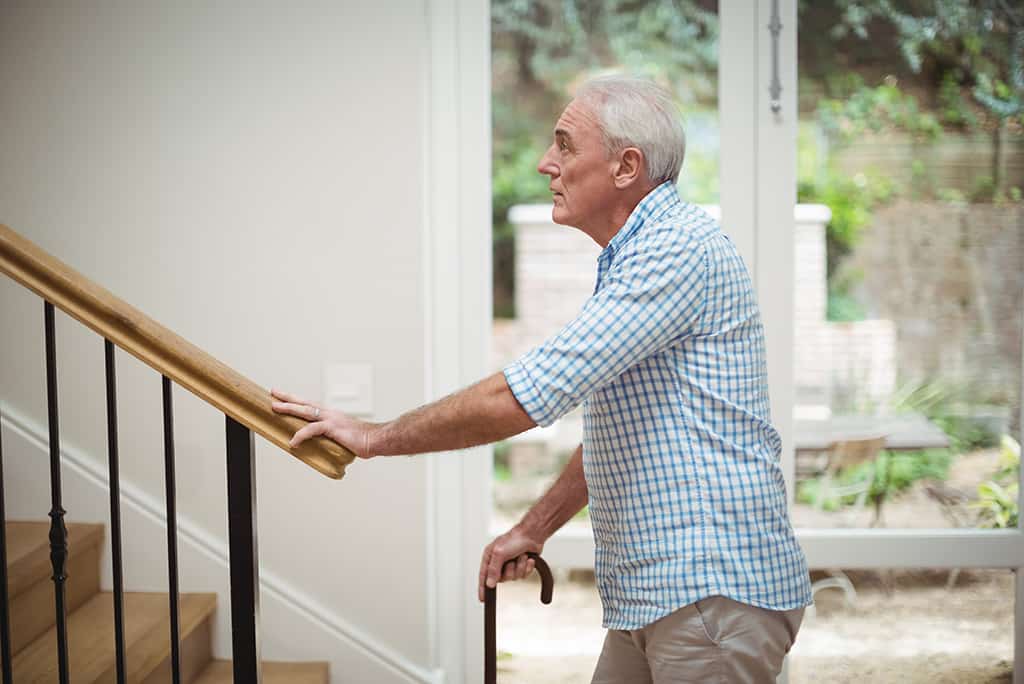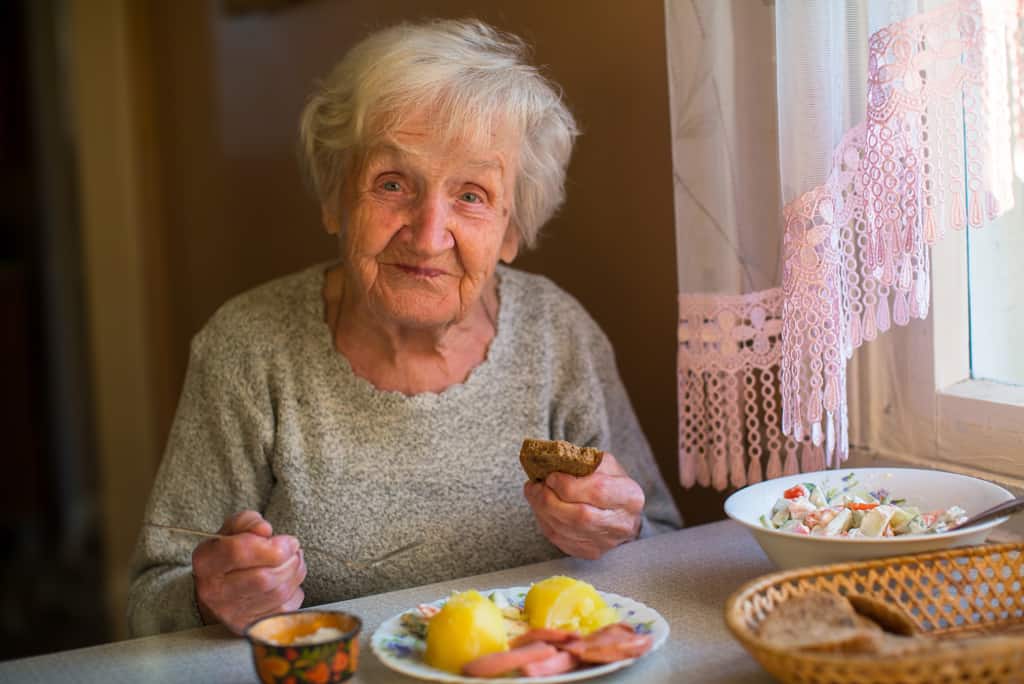
Top 5 Unique Needs of Aging Parents
As our population ages, the need for senior care is becoming increasingly important. Seniors have a range of unique needs that must be met to maintain their health, independence and quality of life. The responsibility can often feel overwhelming for adult children, often the default caregivers who are working to help meet those needs. Sometimes it can feel difficult to know where to start. Our goal is to aid you in your efforts to help your aging parent to live and thrive at home as long as possible.
Here are five of the biggest needs in senior care today:
Chronic Illness Management

Many seniors live with chronic illnesses, which can refer to a variety of health issues that last one or more years or require ongoing medical attention. This includes chronic conditions such as diabetes, asthma, heart disease, or arthritis. Managing these conditions effectively is crucial for maintaining your aging parents’ overall health and well-being, especially if their goal is to age in place for as long as possible.
According to a Centers for Disease Control and Prevention (CDC) study, approximately 80% of the U.S. senior population suffers from at least one chronic illness, while 50% of this population has been diagnosed with at least two chronic illnesses. As this senior population continues to age, the prevalence of chronic disease and illness is likely to increase. For your aging parents, chronic disease is often linked to a higher rate of injuries, functional limitations and cognitive impairments.
Care for an aging parent with a chronic illness may involve regular check-ups with doctors, medication management and even lifestyle changes such as diet and exercise. For family members supporting an elderly parent with a chronic illness, this can often mean facing emotional difficulties. If you’re in a caretaking role it’s normal to feel overwhelmed and exhausted.
Socialization and Mental Health Support

Isolation and loneliness can be major issues for seniors, particularly for those who live alone or have limited mobility. It’s important for seniors to have opportunities for socialization and mental health support in order to maintain their overall well-being. According to the American Public Health Association, socialization can improve a senior’s mood, cognition and memory recall, and it’s associated with healthy behaviors such as exercise.
By encouraging your aging parent to connect with family and friends – whether through technology, exercise or social gatherings – these activities will have a profound effect on their health and well-being, and likely contribute to their ability to continue to live independently.
Through twice-weekly calls, our Certified Health Wellness Coaches can also help address feelings of loneliness and isolation and provide encouragement to stay connected. ClearWellness coaches are there to be a friend and ally to our senior members, making genuine connections and using motivational interviewing to guide their progress toward wellness goals big and small.
Transportation

Many seniors can no longer drive, which can make it difficult for them to get to appointments, run errands and participate in activities. According to the National Aging and Disability Transportation Center (NADTC), 22% of Americans will be 65+ by 2050. Safe and accessible transportation options remain a top concern for those seniors and their families.
Access to transportation can be a major need for seniors to maintain their independence. The U.S. is a highly mobile culture, and many aging parents value their independence and ability to go where they want, when they want. That’s why giving up driving can often have a major, negative effect on an elderly parent’s independence.
When elderly parents stop driving, transportation can quickly become one of the most common means of support provided by family caregivers. According to AARP, 78% of caregivers provide or arrange for rides for their aging loved ones.
If you live a long distance from your aging parents and cannot provide frequent rides, there are often public transit and paratransit options are available. Taxis and ride-sharing options such as Lyft and Uber are also transportation options that can be used in a pinch.
Safety

Ensuring the safety of elderly parents who are aging in place is crucial, particularly for those who are at risk of falls or other accidents. This may involve installing safety features in the home, such as grab bars and handrails, or providing supervision and assistance as needed. There is no one-size-fits-all approach when it comes to making it possible for your loved one to remain in their home independently. Budgets and fixed incomes vary greatly, impacting the list of potential home modifications to ensure your elderly parents’ safety.
Luckily a wide variety of renovations and modifications can be done to stay within budget and ensure they can comfortably age in place at home. Some of these include simple changes such as rearranging furniture, to larger home renovations.
Meal Preparation

If you’re concerned that your elderly parents are not getting enough nutrition, you’re not alone. According to a BioMed Central (BMC) study 14.6% – 56% of older people receiving home care report malnutrition or are at risk of malnutrition. While nutrition is a cornerstone of good health, oftentimes seniors find eating and maintaining a healthy diet difficult to achieve. If trips to the grocery store are difficult due to transportation, consider ordering groceries to be delivered to their home. Perhaps cooking is too difficult, or meals just aren’t as fun to eat alone. Consider encouraging your aging parents to participate in social events that include meals. There are also a lot of great meal delivery services – such as Meals on Wheels or Mom’s Meals – as well as meal prep services – such as Hello Fresh, Home Chef and Blue Apron – that can help ensure an easy, healthy meal for your loved one.
Providing caregiver support for an elderly parent is no easy job. Seniors have many needs that are essential for ensuring that they’re able to live healthy, independent and fulfilling lives. It’s important for seniors, their families and their healthcare community to work together to address these needs and ensure that seniors have the support and resources they need to thrive.
You Might Also Like

Collaborative Approaches to Senior Wellness: The Power of Support Systems
